June 21, 2025 | 02:10 GMT +7
June 21, 2025 | 02:10 GMT +7
Hotline: 0913.378.918
June 21, 2025 | 02:10 GMT +7
Hotline: 0913.378.918
Lam Thao Superphosphate and Chemicals Company, first known as Lam Thao Superphosphate Plant, was built few years after the north of Vietnam was completely liberated and started its first 5-year socio-economic development plan.
During the American war, the plant kept production and supported battlefields in the south, contributing to the great victory of Vietnamese people against the US, reunited the north and the south of Vietnam.
During the national construction, industrialisation and modernisation, the company followed market mechanism, step by step expanded its size and increased its production 14 times higher than its original design.
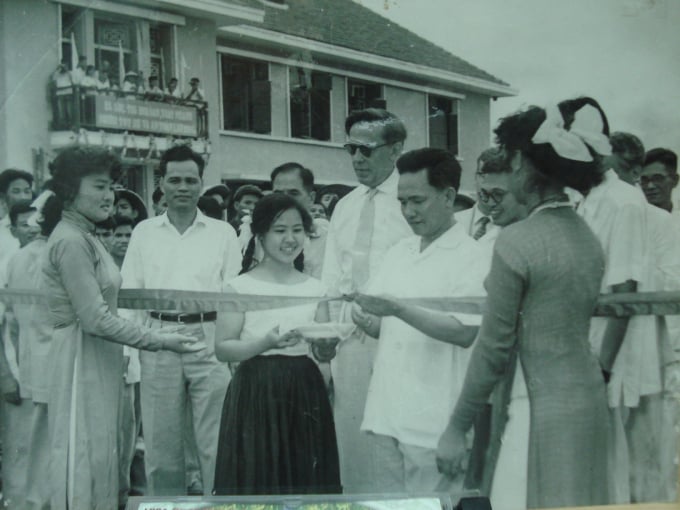
The then Deputy Prime Minister Le Thanh Nghi cut the ribbon at the inauguration of the Lam Thao Superposphate Plant on June 24, 1962. File Photo.
For the last 59 years, generations of the company’s staff and workers kept in their mind the ideology of national independence associated with socialism. They became soldiers on the economic front and defended the achievements of the revolution. Suffering from losses and hardships during wartime and during the national construction and defence, they represented typical characteristics of the Vietnamese working class - brave, hard-working, intelligent and creative.
For the last 59 years, tens of thousands of workers have joined developing a major modern fertiliser and chemical plant that helped improve the face and the life of Lam Thao District.
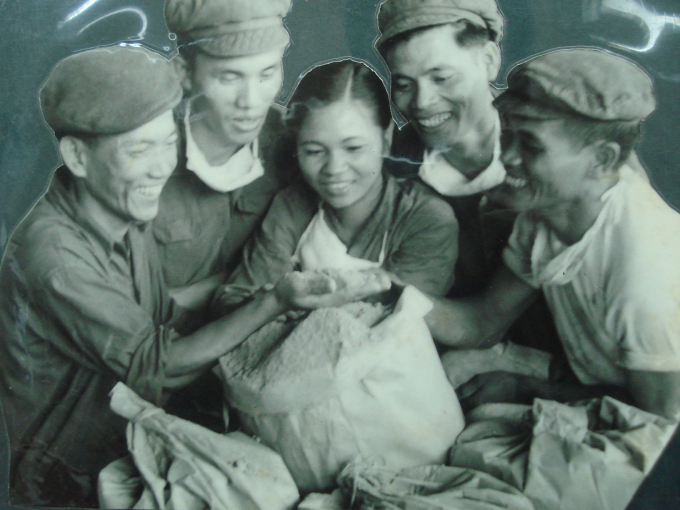
Workers were so happy to see the first fertiliser made in the Lam Thao Superphosphate Factory. File Photo.
For the last 59 years, the company’s cadres and workers jointly contributed to build and nurture the Vietnam-Soviet friendship, enlivening the pure international spirit of the proletariat.
The first tons of superphosphate produced in the factory in 1962 reflected fruitful Vietnam-Soviet friendship.
Generations of staff and workers at Lam Thao Superphosphate plant are grateful to the Communist Party, Government and people of the Soviet Union, particularly to the hundreds of Soviet experts who went to Vietnam to work there.
Facing many difficulties like weather differences and poor living conditions, Soviet experts worked restlessly and creatively to share with Vietnamese officials and workers their experiences and knowledge and help them master fertiliser producing technology.
During the national industrialisation and modernisation, international integration, the company’s staff and workers are always determined to overcome difficulties, renovate to thrive.
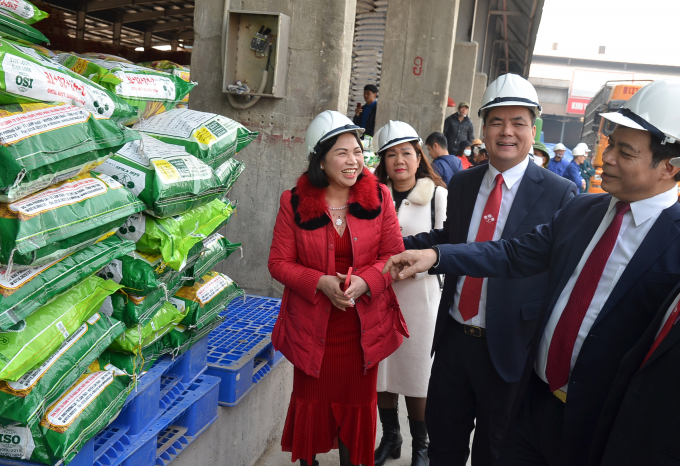
Lam Thao Superphosphate and Chemical Company launched a new product. Photo: NNVN.
In the last few years, the company faced challenges, especially when natural disasters and diseases developed complicated in Vietnam and the world. The company leadership targeted to make environment-friendly products to catch the global trend of green agriculture production.
With a spirit of solidarity and determination, two thousand officers and employees of the company will follow former generations to keep the company at a leading position in the chemical industry in Vietnam.
This year, Lam Thao Superphosphate and Chemicals Company celebrated its 59th anniversary. Every officer and employee of the company always respects and remembers the company’s proud history and heroic traditions.
They committed to work together for the company’s sustainable development, securing its leading position in Vietnam’s chemical industry.
![Turning wind and rain into action: [10] Advancing accessible climate services for farmers](https://t.ex-cdn.com/nongnghiepmoitruong.vn/608w/files/linhnhp/2025/06/20/1911-z6704423696987_15fd32ffc26d590d204d520c9dac6786-nongnghiep-161854.jpg)
(VAN) Not only does it help farmers 'avoid droughts and rains,' the development of agricultural climate services also enhances their ability to proactively adapt to a rapidly changing climate.
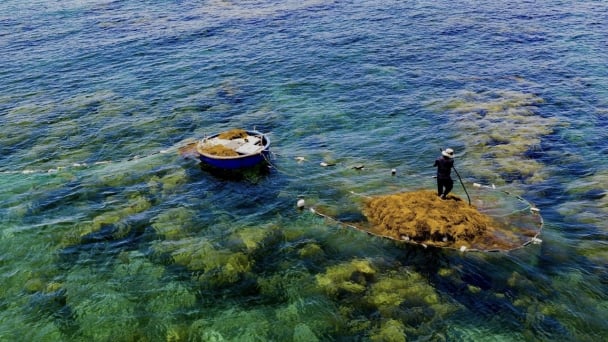
(VAN) With international assistance, the harvesting of sargassum seaweed in Quang Ngai has become increasingly regulated, thereby safeguarding marine life and ensuring the stability of coastal communities' livelihoods.
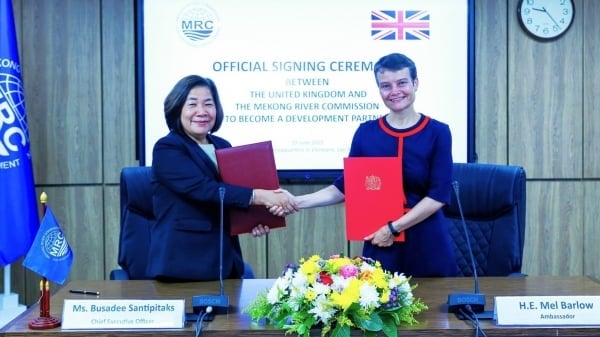
(VAN) On June 19, the United Kingdom officially became a Development Partner of the Mekong River Commission.

(VAN) Biodiversity is being threatened by traditional remedies made from wildlife. Traditional medicine and humans must change to live in harmony with nature.

(VAN) Agrifood investment and finance solutions for people and the planet.

(VAN) Microplastic contamination has become pervasive in seafood, posing unprecedented challenges for food safety and marine ecosystems.
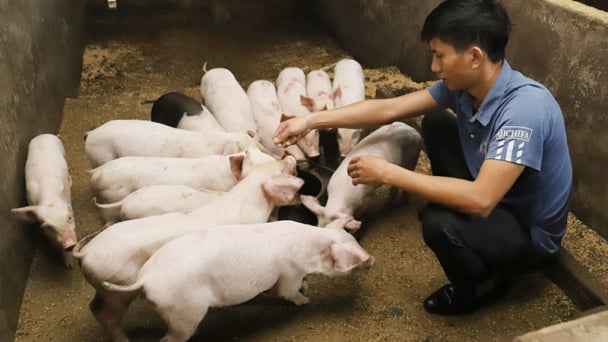
(VAN) Proactively using vaccines, combined with transport control and enhanced surveillance, is the only viable path toward biosecure and sustainable livestock production in Vietnam.